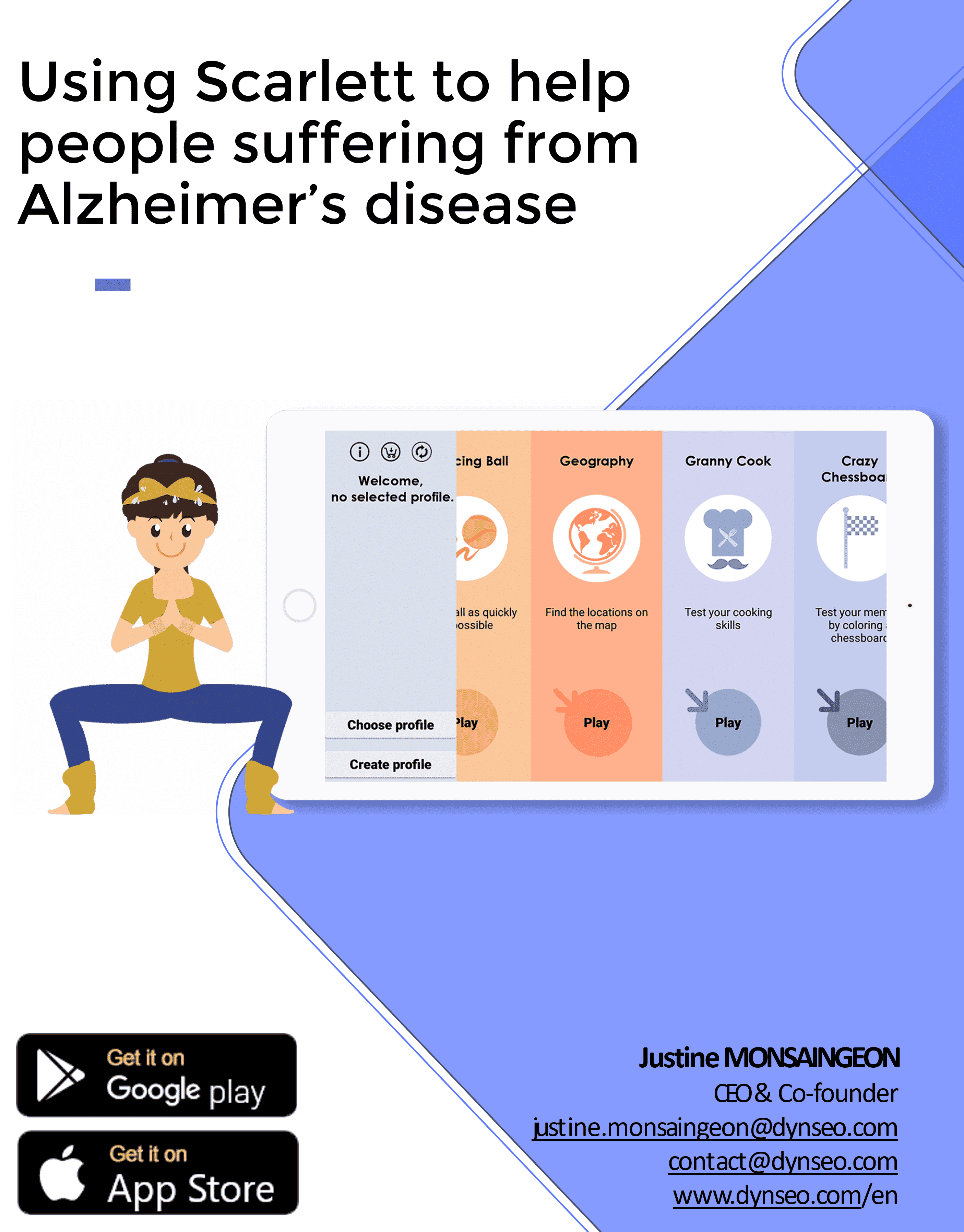Alzheimer’s is one of the diseases that frequently affects all types of people, especially the elderly. These patients often encounter difficulties in accomplishing a simple task.
Indeed, they forget important things and important events that happened in the past. Therefore, some precautions must be taken to avoid exposing the patient to danger.
A well-conditioned environment
Generally, each room in a house is likely to have one or more objects in it that may affect patient safety. In order to prevent damage, the rooms must be furnished. Indeed, all dangerous objects should be stored somewhere where the patient will not be able to reach.
In addition, the patient must live in a peaceful place away from any noise. This excludes all household appliances that emit background noise, televisions and radios. In a quiet place, the patient is protected from irritation, allowing them to concentrate better. In addition, it is not uncommon for the patient to lose track of time.
Time indicators such as calendars and clocks need to be large to be clearly visible. The household doors should also be well secured to prevent the patient from running away.
With a memory impairment, the patient could easily get lost in a familiar place and not remember the way home. The bathroom should have non-slip mats in the bathroom to protect the patient from slipping.
A space adapted to the patient
Firstly, to be able to thrive, but also to avoid falling, the patient must have a spacious place. On the other hand, this will facilitate their mobility and movement within the house.
Every object that is an obstacle to the patient’s movement must be removed. In particular, unused furniture, electrical wires, etc. must all be cleared. In addition, it is essential to leave the light on in the corridors as well as in the toilets to guide the patient during the night.
Hobbies and activities of an Alzheimer’s patient
The patient should keep their days busy with activities to help them feel good. Daily activities will help them relax and clear their minds. This way, they will be less tempted to run away because of the constant confusion inside their head. In addition, to help the person with Alzheimer’s disease structure the day, caregivers or family members should assign some tasks.
However, he or she should not feel pressured to do the work. That is, they should not be forced to do anything against their will. As a result, they will enjoy doing their homework and feel a little responsible. These repeated habits will allow them to memorize the repetitive gestures of their daily life, thus improving their memory. Concerning leisure activities, the patient must continue to do the things he/she liked to do so much before.
If the patient used to enjoy watching television, he or she should not continue this habit, as it may disturb him or her. The patient should go out for a walk and take walks from time to time with an attendant. Going out will improve the physical and mental condition of the patient. On the other hand, car rides are to be avoided as a regular outing.

The patient may also have frequent mood changes, so it is important to know how to talk to them in order not to irritate them further. People in the severe Alzheimer’s stage also lose their ability to communicate verbally. It is at these times that they will need the support of their loved ones the most to ease their daily routine.
As a family caregiver, you can also share moments with your loved one with the Scarlett program, a highly adapted brain training program on tablets.
1 MONTH
- Perfomance tracking
- Monthly updates
- Customer support
- No automatic renewal
$5 USD
3 MONTHS
- Perfomance tracking
- Monthly updates
- Customer support
- No automatic renewal
$18 USD
1 YEAR
- Performance tracking
- Monthly updates
- Customer support
- No automatic renewal
$58 USD
Other articles you might be interested in:
The Role of Cognitive Apps in Speech Therapy for Alzheimer’s Patients
Alzheimer’s disease is a progressive neurological disorder that primarily affects memory, thinking, and behavior. As...
Memory Apps for Alzheimer’s: Enhancing Recall in Speech Therapy Sessions
Alzheimer's disease is a progressive neurological disorder that primarily affects memory, thinking, and behavior. As...
Cognitive Rehabilitation Apps for Speech Therapy with Alzheimer’s Patients
In recent years, the landscape of cognitive rehabilitation has evolved significantly, largely due to the advent of...






